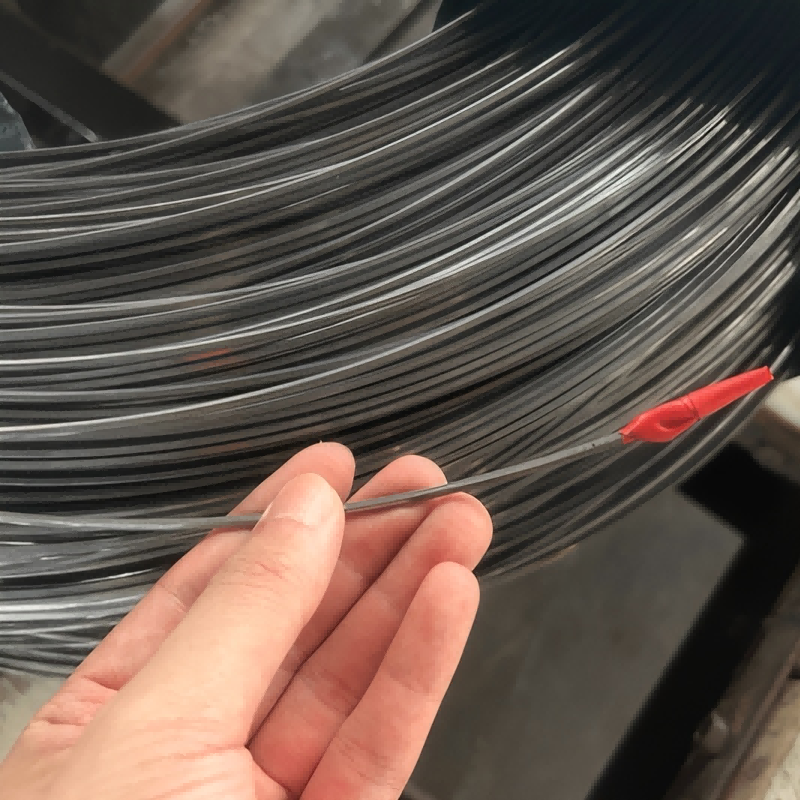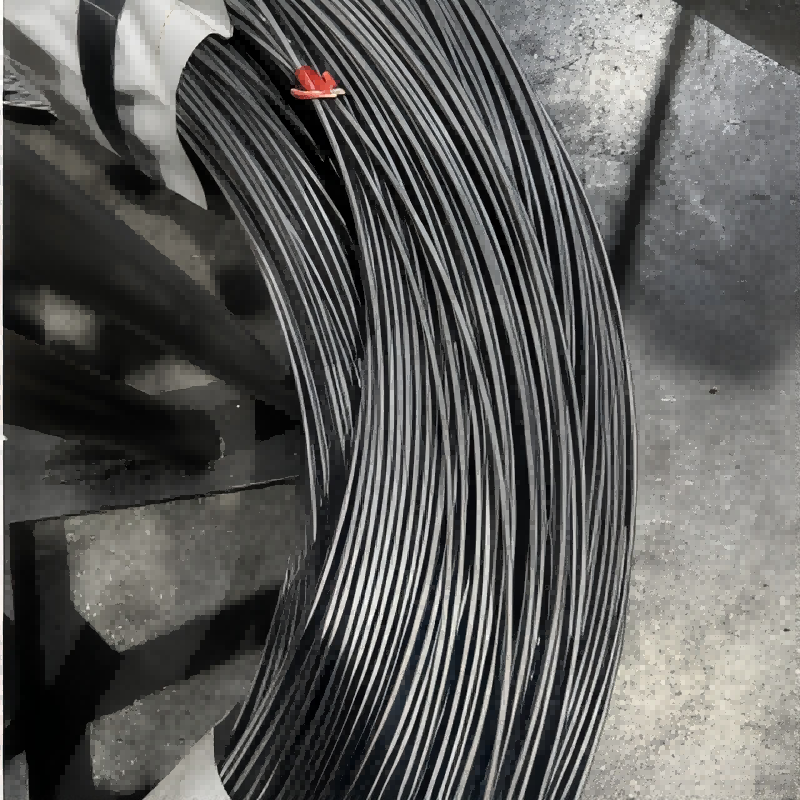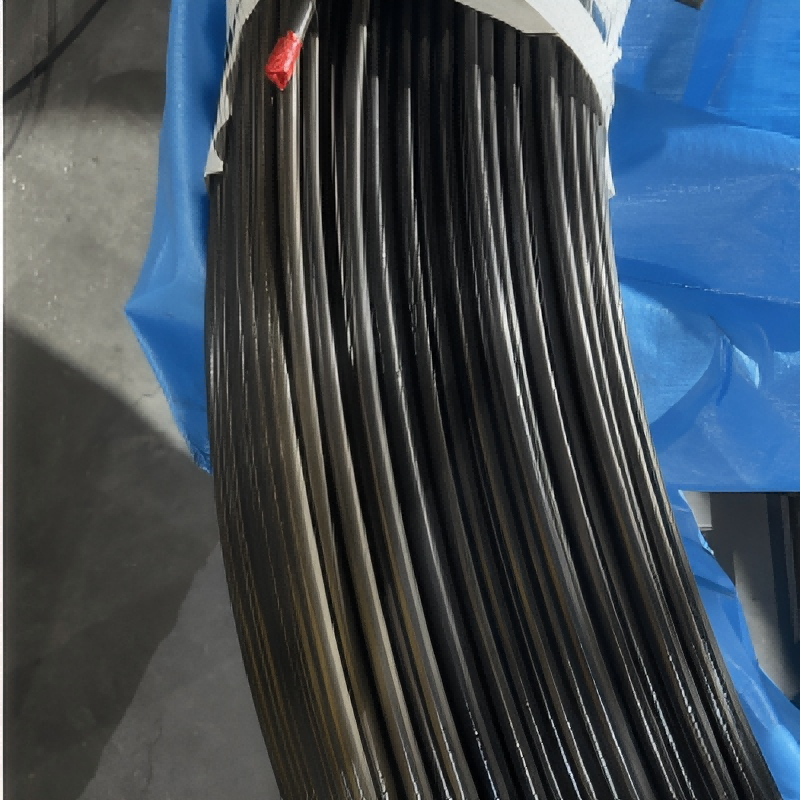304 stainless steel spring wire
The 304 stainless steel spring wire is a versatile material known for its corrosion resistance and high durability. It serves a variety of main functions including providing support, maintaining shape, and absorbing shock in mechanical applications. Technological features of this wire include its excellent formability, which allows it to be shaped into complex spring designs, and its ability to withstand high temperatures. This makes it suitable for use in environments where other metals would corrode or fail. The applications of 304 stainless steel spring wire span across industries such as automotive, aerospace, medical devices, and general engineering where reliable and resilient materials are crucial.


